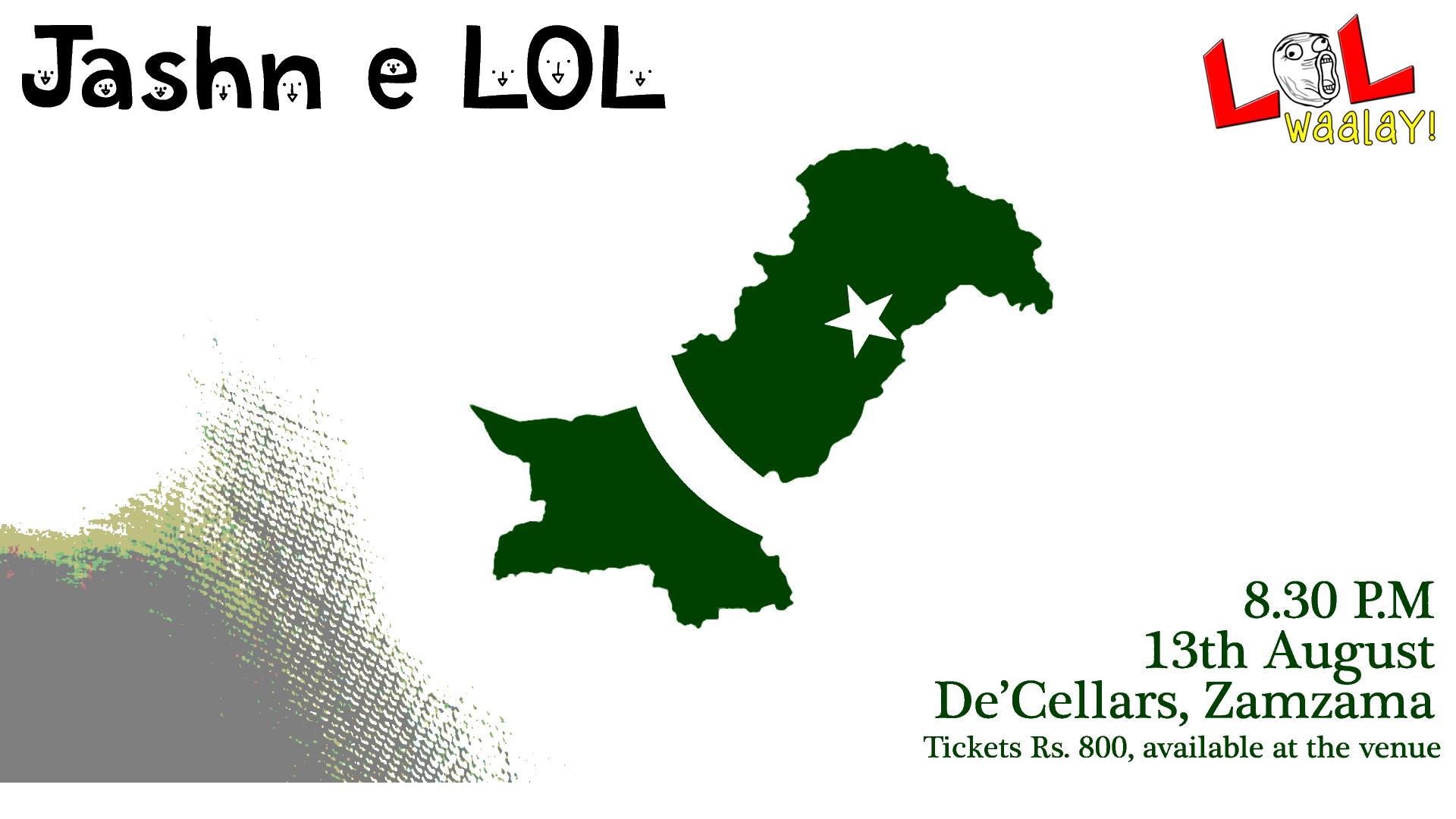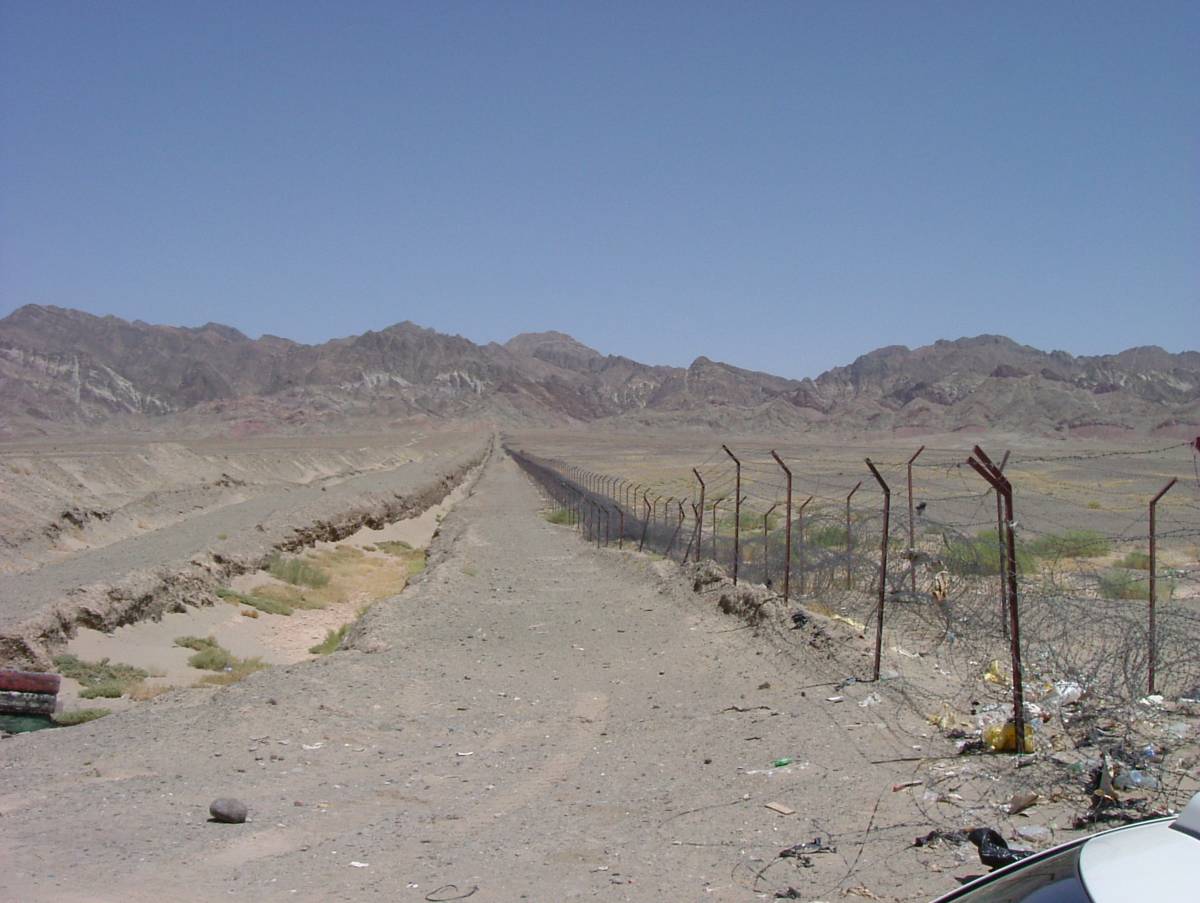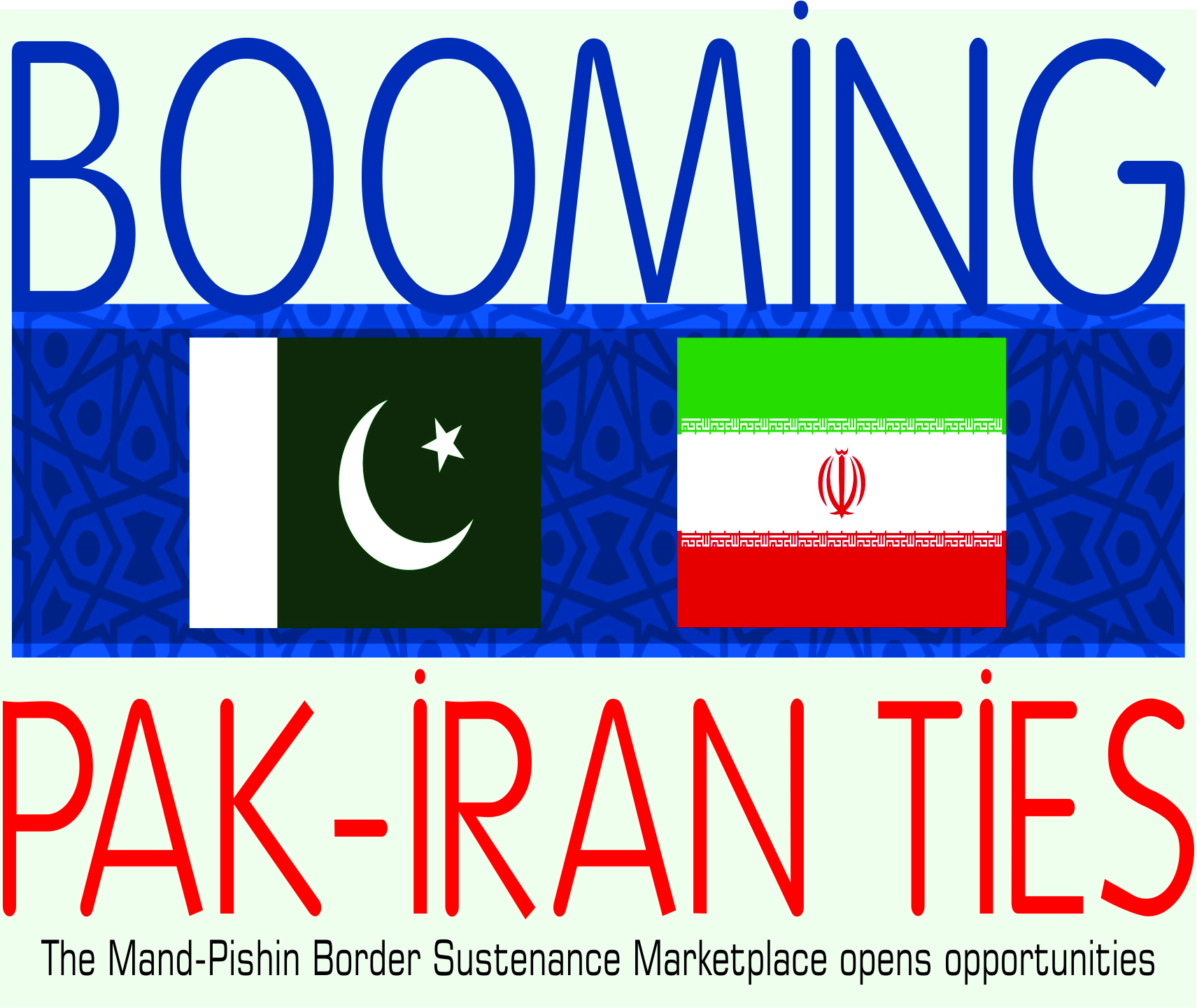Pak Iran Relations: A Complex Dance Of Diplomacy & Conflict
The relationship between Pakistan and Iran, two pivotal nations in the broader Middle East and South Asian landscape, has historically been characterized by a fascinating blend of cooperation, shared interests, and occasional, yet significant, points of contention. From being among the earliest and most steadfast allies to navigating recent unprecedented escalations, the dynamic between Islamabad and Tehran is a critical barometer for regional stability. Understanding the intricate layers of Pak Iran ties requires delving into their historical roots, geopolitical alignments, and the underlying forces that shape their interactions.
This article aims to provide a comprehensive overview of the multifaceted Pak Iran relationship, exploring its evolution from initial camaraderie to the current complex state. We will examine the factors that bind them, such as shared security concerns and economic dependencies, alongside the issues that have historically created friction, like their differing stances on Afghanistan. Furthermore, we will analyze the recent dramatic shifts in their interactions, including the exchange of strikes, and what these developments signify for the future of regional security. By examining these elements, we can gain a clearer picture of this crucial bilateral bond.
Table of Contents
- The Enduring Foundation: Early Pak Iran Relations
- A Complex Web of Regional Dynamics
- Shared Interests and Strategic Alignment
- The Unprecedented Escalation: Recent Hostilities
- Pakistan's Stance Amidst the Storm
- High-Level Engagements: Diplomacy in Action
- Unresolved Issues and Future Trajectories
- The Path Forward for Pak Iran Relations
The Enduring Foundation: Early Pak Iran Relations
The historical bond between Pakistan and Iran is deep-rooted, extending far beyond their modern statehood. Their relationship as independent nations began on a remarkably strong footing. Indeed, Iran holds the distinction of being the first country to officially recognize Pakistan as an independent state following its creation in 1947. This early recognition set a precedent for a relationship built on mutual respect and shared regional aspirations. The camaraderie was further solidified when Shah Mohammad Reza Pahlavi made a landmark official state visit to Pakistan in March 1950, becoming the first head of any state to do so. This visit underscored the significance Iran placed on its nascent neighbor and laid the groundwork for decades of close diplomatic, economic, and cultural exchanges. These initial gestures of solidarity established a foundation that, despite later challenges, has often served as a reference point for the enduring nature of Pak Iran ties.
- Photos Jonathan Roumie Wife
- Vegas Foo
- Judge Ross Wife
- Abby And Brittany Hensel Died
- Daisy From Dukes Of Hazzard Now
The early years saw both nations, along with Turkey and Iraq, forming the Baghdad Pact (later CENTO), a regional security alliance aimed at countering Soviet influence. While this alliance eventually dissolved, it highlighted a period of alignment in strategic interests. Economically, energy cooperation, particularly Iran's role as a major oil and gas producer and Pakistan's growing energy needs, has always been a cornerstone of their bilateral engagement. Culturally, the shared Persian heritage and Islamic identity have fostered strong people-to-people connections, further cementing the historical ties that continue to influence the complex Pak Iran relationship today.
A Complex Web of Regional Dynamics
Despite the strong historical foundations, the Pak Iran relationship is frequently influenced by a complex web of regional dynamics, where shared concerns often intersect with differing strategic priorities. The geopolitical landscape of the Middle East and South Asia is volatile, and both nations find themselves navigating a delicate balance of alliances and rivalries. Understanding these broader regional contexts is crucial to appreciating the nuances of Pak Iran interactions, particularly when external pressures or internal developments in either country come into play.
The Afghanistan Conundrum
One of the most persistent areas of historical friction between Iran and Pakistan has been their respective approaches to Afghanistan. Both countries share long, porous borders with Afghanistan and have significant interests in its stability and future. However, their historical support for different factions within Afghanistan, often driven by ethnic, sectarian, or strategic considerations, has frequently placed them at odds. For instance, during the Afghan civil war in the 1990s, Pakistan was widely perceived to support the Taliban, while Iran supported the Northern Alliance. This divergence in policy created a degree of mistrust and complicated bilateral relations. Even with the Taliban's return to power, both countries continue to eye developments in Afghanistan with caution, each wary of the other's influence and the potential for spillover effects on their own security. The ongoing instability in Afghanistan remains a critical, albeit often understated, factor shaping the Pak Iran dynamic.
Navigating Middle Eastern Tensions: Israel and Iran
The escalating tensions between Israel and Iran represent another significant external factor that profoundly impacts Pak Iran relations. Pakistan, a staunch supporter of the Palestinian cause and a country with strong Islamic identity, has consistently condemned Israeli aggression. Amidst the rising hostilities, Pakistan has openly expressed solidarity with Iran, reaffirming its principled stance against actions perceived as destabilizing the region. This alignment is not merely rhetorical; it underscores a deeper commitment to regional stability and a shared concern over the potential for broader conflict. The situation is further complicated by reports that Israel continues to target Iran's nuclear program, a development that raises the stakes significantly for all regional players.
Perhaps the most striking manifestation of this solidarity came with a highly provocative claim by a top Iranian officer of its elite forces: that Pakistan would launch a nuclear attack on Israel if Israel were to drop a nuclear bomb on Iran. While such a statement from an Iranian official does not necessarily reflect Pakistan's official policy or capabilities, it highlights the extreme perception of shared destiny and the depth of the perceived alliance in the face of existential threats. This dramatic assertion, made amidst rising tensions in the Middle East, underscores the profound implications of the Israel-Iran conflict on the broader Pak Iran strategic calculus and the potential for a regional conflagration.
Shared Interests and Strategic Alignment
Despite the complexities and occasional divergences, the Pak Iran relationship is fundamentally underpinned by a convergence of shared security concerns, historical ties, and significant economic dependencies. This alignment forms the bedrock upon which diplomatic efforts are built, even during periods of strain. Both nations face similar challenges, including regional instability, cross-border terrorism, and the imperative of economic development, which often necessitate cooperation rather than confrontation.
From a security perspective, both Pakistan and Iran have a vested interest in a stable and peaceful neighborhood, particularly concerning Afghanistan and the broader Middle East. They share concerns about the rise of extremist groups and the potential for external interference in regional affairs. Historically, their shared Islamic heritage and cultural proximity have fostered a sense of brotherhood, translating into mutual support on various international platforms. Economically, the relationship is heavily reliant on energy. Iran, possessing vast hydrocarbon reserves, is a natural energy partner for Pakistan, a country with significant energy deficits. Projects like the Iran-Pakistan (IP) gas pipeline, though facing various hurdles, symbolize this crucial economic dependency. This blend of shared strategic outlooks, historical camaraderie, and economic imperatives provides a powerful incentive for both Islamabad and Tehran to manage their differences and seek avenues for continued cooperation, ensuring that the Pak Iran relationship remains resilient.
The Unprecedented Escalation: Recent Hostilities
The otherwise complex but generally stable Pak Iran relationship was thrust into an unprecedented crisis in early 2024 when both nations conducted strikes on each other's territories. This dramatic escalation marked a significant departure from their typical diplomatic and security interactions, raising alarms globally about the potential for a wider conflict in an already volatile region. The tit-for-tat strikes, occurring at a time when regional tensions had already risen sharply, demonstrated a dangerous new phase in their bilateral dynamic.
The sequence of events began with an Iranian missile strike in Iraq and Syria, purportedly targeting terrorist groups in response to the devastating Kerman bombings that had occurred within Iran. Tehran asserted that these strikes were aimed at militant strongholds. However, shortly thereafter, Iran also launched strikes into Pakistan's Balochistan province, claiming to target Jaish al-Adl, a Sunni militant group that Iran designates as a terrorist organization and accuses of operating from Pakistani soil. Pakistan swiftly condemned these actions as an "unprovoked violation" of its airspace and sovereignty. In a rapid and forceful response, Pakistan conducted its own retaliatory strikes within Iran's Sistan-Baluchestan province, stating that it targeted "terrorist hideouts" used by groups threatening Pakistani security. This exchange of military action, a direct breach of each other's territorial integrity, underscored the fragility of the relationship and the dangerous consequences when internal security concerns spill across borders. The events, updated as recently as December 16, 2024, highlighted the immediate need for de-escalation and careful diplomatic maneuvering to prevent further deterioration of the Pak Iran relationship.
Pakistan's Stance Amidst the Storm
In the aftermath of the unprecedented cross-border strikes, Pakistan's leadership articulated a clear and urgent stance aimed at de-escalation while simultaneously asserting its sovereign rights and commitment to its own security. The gravity of the situation was immediately recognized, with Foreign Minister Bilawal Bhutto Zardari issuing a stark warning: the region simply "cannot afford an Iran conflict to turn into Iraq 2.0 or WWIII." This statement underscored Pakistan's deep concern about the potential for a localized dispute to spiral into a much larger, catastrophic regional or even global conflict, given the intricate web of alliances and rivalries in the Middle East.
Concurrently, Pakistan's Defence Minister Khawaja Asif publicly affirmed that Pakistan would "safeguard Iran's interests." This statement, while seemingly paradoxical given the recent exchange of fire, reflects a nuanced position. It signals that despite the immediate tensions and the necessity of responding to a breach of its sovereignty, Pakistan views Iran as a strategic partner and a vital neighbor whose stability is intrinsically linked to its own. This commitment to safeguarding Iran's interests implies a desire to prevent external forces from destabilizing Iran and to maintain a cooperative relationship in the long term. Pakistan's approach, therefore, has been a delicate balancing act: demonstrating resolve in protecting its borders while simultaneously emphasizing the need for de-escalation and a return to diplomatic engagement, recognizing the shared imperative for regional peace and the deep historical ties that bind the two nations.
High-Level Engagements: Diplomacy in Action
Even amidst periods of heightened tension and geopolitical shifts, the Pak Iran relationship has consistently relied on high-level diplomatic engagements to manage crises, foster understanding, and explore avenues for cooperation. These interactions, involving top political and military leadership from both sides, are crucial for maintaining open channels of communication and preventing misunderstandings from escalating into full-blown conflicts. Such meetings serve as vital platforms for direct dialogue, allowing leaders to address pressing issues, reiterate commitments, and recalibrate their strategies in response to evolving regional dynamics.
A notable example of this continuous engagement is the meeting involving Pakistan's Field Marshal Asim Munir and Prime Minister Shehbaz Sharif with Iran's Supreme Leader Ali Khamenei. Such high-profile encounters underscore the strategic importance both nations attach to their bilateral ties. These discussions often cover a wide array of topics, from regional security and counter-terrorism efforts to economic cooperation and energy projects. The presence of military and political leaders signifies a comprehensive approach to managing the relationship, acknowledging both the security imperatives and the broader diplomatic and economic dimensions. These engagements, even when not immediately resolving deep-seated issues, are instrumental in building trust, identifying common ground, and ensuring that the Pak Iran relationship remains on a path of constructive engagement, mitigating the risks of miscalculation and promoting a shared vision for regional stability.
Unresolved Issues and Future Trajectories
While historical ties and shared interests often bring Pakistan and Iran together, their relationship is also marked by a few persistent, unresolved issues that periodically test the limits of their cooperation. These underlying frictions, though not always at the forefront, contribute to the complexity of the Pak Iran dynamic and shape its future trajectory. Addressing these issues with transparency and diplomatic finesse will be crucial for fostering a more robust and predictable relationship.
One such area of occasional divergence involves Pakistan's long-standing "Kashmir push" and Iran's nuanced response. While Iran generally supports the rights of the Kashmiri people, its official stance has historically been more reserved than Pakistan might desire, often prioritizing broader Islamic unity over specific endorsements of Pakistan's territorial claims. This careful balancing act by Iran reflects its own geopolitical considerations and its desire to maintain relations with other regional players. Furthermore, the issue of cross-border militant groups, particularly those operating in the shared border regions of Balochistan and Sistan-Baluchestan, remains a significant challenge. Both countries accuse each other of not doing enough to curb these groups, leading to the kind of unprecedented strikes witnessed recently. The future of Pak Iran relations will heavily depend on their ability to find common ground on these sensitive issues, perhaps through enhanced intelligence sharing, joint border security mechanisms, and a renewed commitment to non-interference in each other's internal affairs. Navigating these complexities will define whether their relationship moves towards deeper strategic alignment or continues to be punctuated by periods of tension.
The Path Forward for Pak Iran Relations
The journey of Pak Iran relations is a testament to the intricate nature of international diplomacy, where historical bonds, geopolitical realities, and immediate security concerns constantly intersect. From being the first nation to recognize Pakistan's independence to navigating recent unprecedented military exchanges, the relationship between Islamabad and Tehran has proven to be remarkably resilient, albeit complex. The recent exchange of strikes served as a stark reminder of the fragility of peace and the critical need for robust diplomatic channels to prevent escalation.
Moving forward, the path for Pak Iran relations will undoubtedly require continued high-level engagement, a renewed commitment to de-escalation, and a pragmatic approach to addressing shared challenges like regional terrorism and economic development. The shared imperative to avoid a larger regional conflict, as articulated by Pakistani leadership, underscores the high stakes involved. Both nations must leverage their historical ties and shared interests in stability, particularly regarding energy cooperation and regional security, to overcome their differences. By focusing on areas of mutual benefit and establishing clear mechanisms for conflict resolution, Pakistan and Iran can ensure that their dynamic relationship continues to contribute positively to regional peace and prosperity, rather than becoming a source of further instability.
What are your thoughts on the future trajectory of Pak Iran relations? Do you believe their shared interests will ultimately outweigh their points of contention? Share your insights in the comments below, and consider exploring other articles on regional geopolitics on our site for more in-depth analysis.
- How Tall Is Katt Williams Wife
- Rob Van Winkle
- Sandra Smith Political Party
- Photos Jonathan Roumie Wife
- Allmoveishub

Pak Iran - 1920x1080 Wallpaper - teahub.io

Pak-Iran border reopens – Asian News from UK

Booming Pak-Iran Ties – Jahangir's World Times